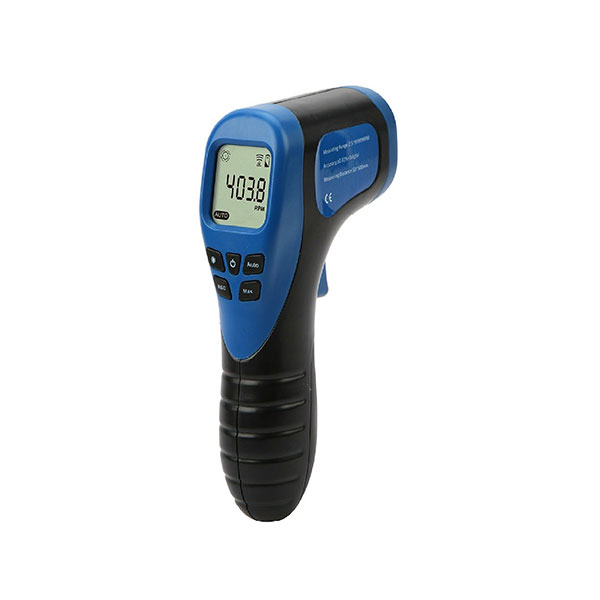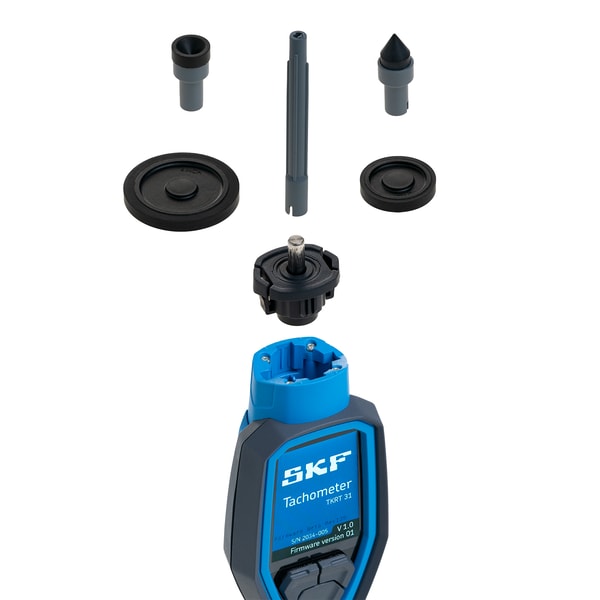Expert Tips for Maintaining and Calibrating Your Tachometer
Expert Tips for Maintaining and Calibrating Your Tachometer
Blog Article
The Value of a Tachometer in Keeping Track Of Engine Rate and Performance in Automotive Applications
In the world of automobile design, the tachometer stands as a critical tool in the driver's toolbox, providing a straight home window into the internal operations of a car's engine. Past its function as a simple scale of revolutions per minute (RPM), the tachometer functions as an essential device for enthusiasts and experts alike, offering real-time insights into engine performance and wellness. Understanding the value of this gadget goes beyond surface-level observations, diving into the complex partnership between engine speed, power outcome, and total driving experience. As we explore the diverse function of the tachometer in auto applications, a deeper gratitude for its influence on lorry dynamics and efficiency begins to emerge.
Importance of Keeping Track Of Engine RPM
Keeping track of engine RPM, or revolutions per min, is a vital aspect of auto maintenance and efficiency examination. Engine RPM directly associates with the speed at which the engine's crankshaft revolves, indicating just how swiftly the engine is running.
Furthermore, checking engine RPM is vital for efficiency examination in racing and high-performance lorries. Maintaining optimum RPM levels is crucial for accomplishing peak power result and acceleration. Racers often utilize tachometers to guarantee they are operating within the ideal RPM array for maximum performance. In summary, keeping track of engine RPM is not only crucial for spotting issues yet additionally for maximizing engine performance in numerous vehicle applications.

Benefits of Real-Time Data
In automotive applications, real-time information plays a vital duty in supplying instantaneous insights into the efficiency and condition of the car. By continually checking numerous criteria such as engine speed, temperature, gas usage, and much more, real-time information supplies many benefits that add to enhanced efficiency and safety on the roadway.
One substantial benefit of real-time data is its capability to alert vehicle drivers and specialists to any kind of anomalies or concerns immediately. This positive technique makes it possible for quick recognition of possible problems, permitting timely treatments to avoid additional damage or breakdowns. Furthermore, real-time information helps with performance optimization by supplying prompt feedback on driving routines and engine efficiency. Vehicle drivers can adjust their actions in real-time based upon this information to achieve much better fuel economy and extend the lifespan of their automobile.

Furthermore, real-time information plays a vital duty in modern-day vehicle diagnostics, allowing specialists to rapidly detect and address malfunctions. This results in reduced downtime, lower maintenance prices, and inevitably, boosted total lorry reliability and durability (tachometer). By harnessing the power of real-time data, automotive stakeholders can make educated decisions that positively affect both the efficiency and long life of the vehicle
Influence On Gear Shifts
The tachometer plays a crucial function in enhancing gear shifts by offering real-time engine rate information to the vehicle driver. When coming close to the redline on the tachometer, it indicates the vehicle driver to upshift to prevent over-revving the engine and triggering potential damages.
Furthermore, the tachometer aids in attaining smoother gear changes, particularly in hand-operated transmissions. By keeping track of engine speed, motorists can perform equipment changes have a peek at this site at the ideal RPM variety, lowering jerking motions and minimizing endure the transmission components. This precision on duty changes not only improves driving comfort yet also adds to fuel performance.
Enhancing Fuel Efficiency
Provided the crucial duty the tachometer plays in maximizing equipment changes for efficiency and engine health, it directly adds to optimizing fuel efficiency in vehicle applications. By providing real-time responses on engine rate, the tachometer helps drivers in keeping the most reliable RPM array for fuel economic situation. When vehicle drivers continually keep an eye on the tachometer and readjust their motoring practices accordingly, they can stay clear of unnecessary gas usage triggered by over-revving or lugging the engine.
Additionally, the tachometer aids drivers recognize the most fuel-efficient equipment to be in at any type of given minute, avoiding the engine from functioning more challenging than necessary. This is especially crucial throughout velocity and travelling, where remaining in the ideal gear can dramatically influence gas effectiveness. In addition, the tachometer can notify drivers to possible mechanical concerns that can be adversely influencing fuel economic climate, such as a sliding clutch or a clogged air filter. Finally, the tachometer acts as a beneficial device in enhancing fuel effectiveness by promoting ideal driving behaviors and recognizing areas for improvement in the car's performance.

Optimizing Engine Long Life
The tachometer's duty in keeping track of engine rate and performance is instrumental in making sure the longevity of vehicle engines. Keeping track of the tachometer permits chauffeurs to remain within the recommended RPM array for their vehicle, stopping unnecessary stress on the engine and expanding its life expectancy.

Final Thought
In final thought, the tachometer plays an important role in monitoring engine rate and performance in automobile applications. By offering real-time information on RPM, it permits reliable gear changes, enhanced fuel efficiency, and made best use of engine durability. This device is vital for maintaining ideal engine efficiency and guaranteeing the total functionality of an automobile.
Report this page